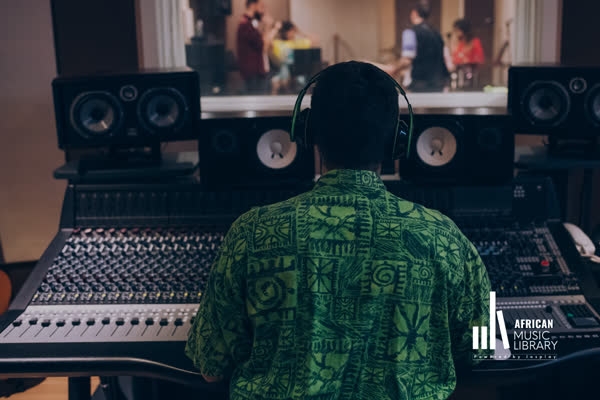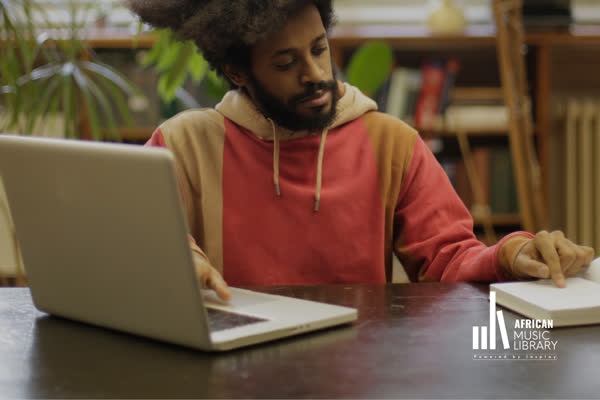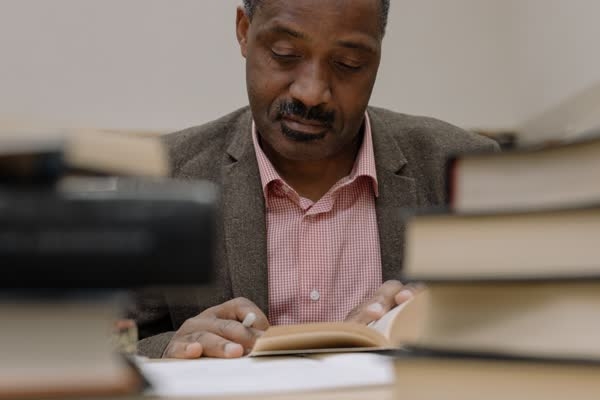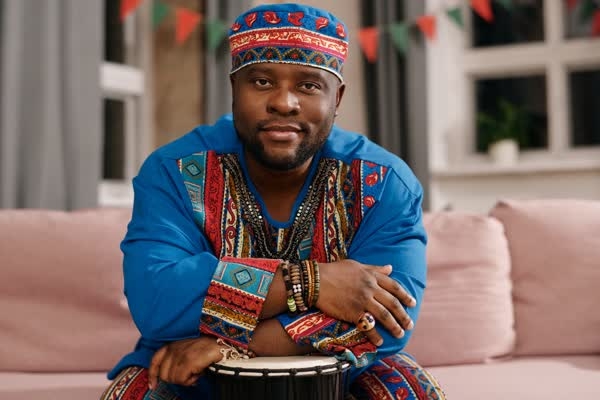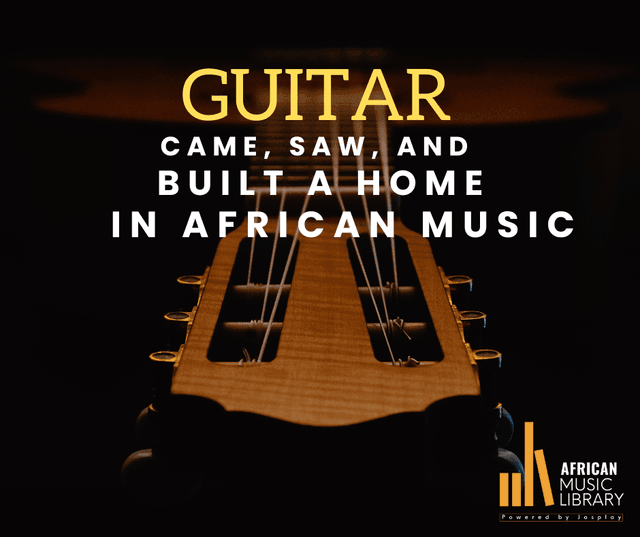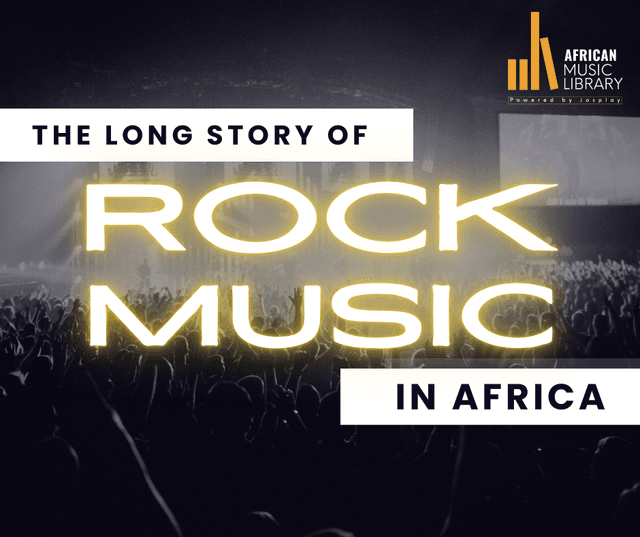
Powered by Josplay Music Intelligence
Find African Music Metadata. Explore Knowledge.
Test your knowledge of African music with our fun and informative quiz. A must-try for music lovers and curious beginners.
Explore Bands
See All



Blogs
See AllAfrican Music is rich, yet misunderstood and inaccurately represented. AML is on a mission to change that.
African Music Library is the world's most comprehensive knowledge base for African Music.
The Library is supported by a team of musicologists, engineers and literary experts committed to closing the knowledge gap and codifying African music for better participation in the digital economy.
